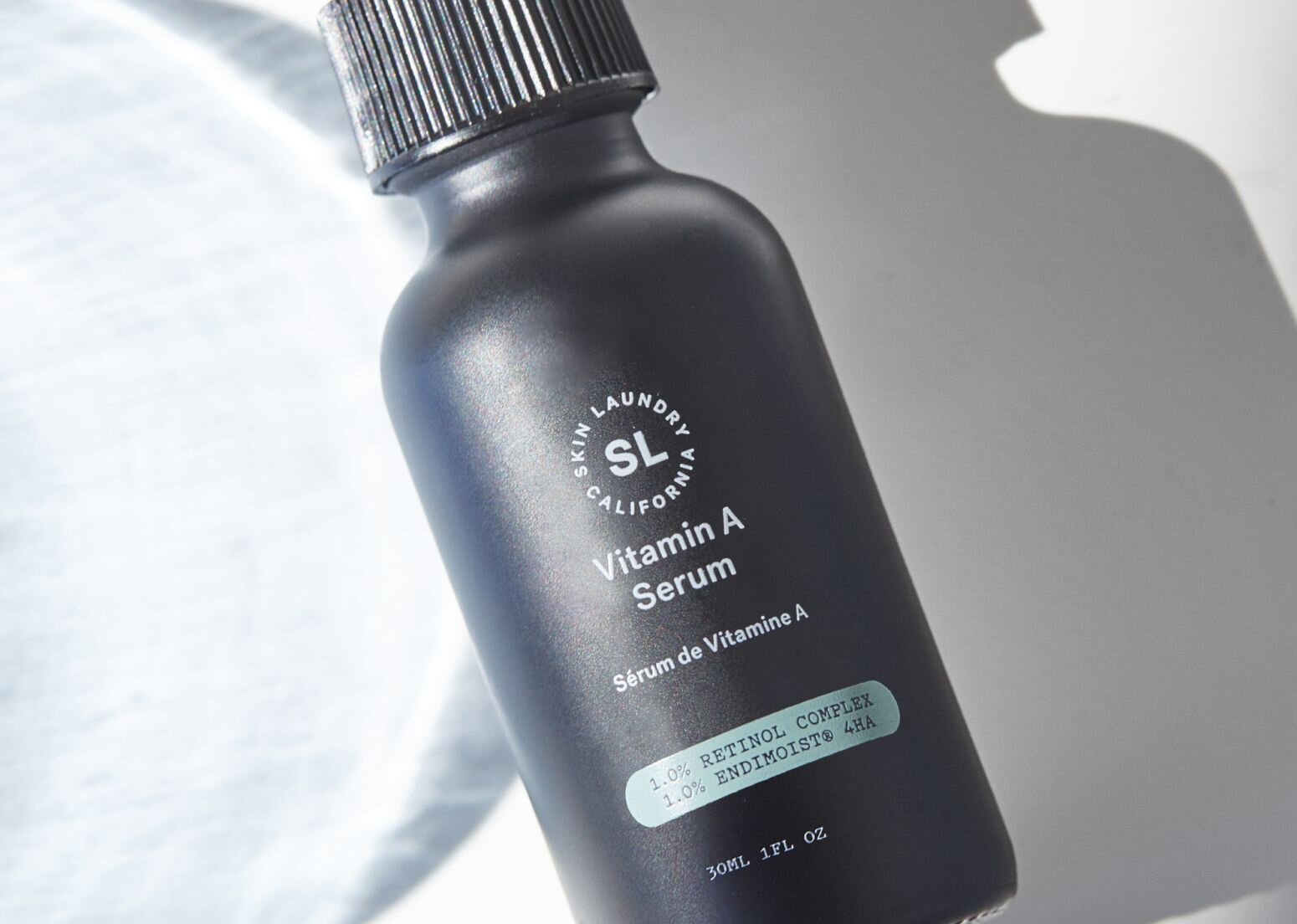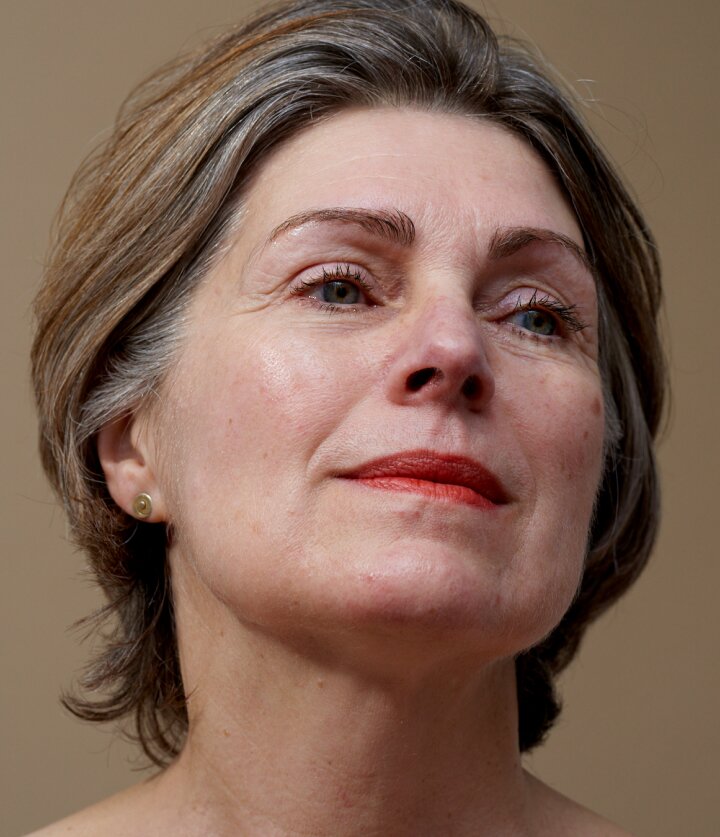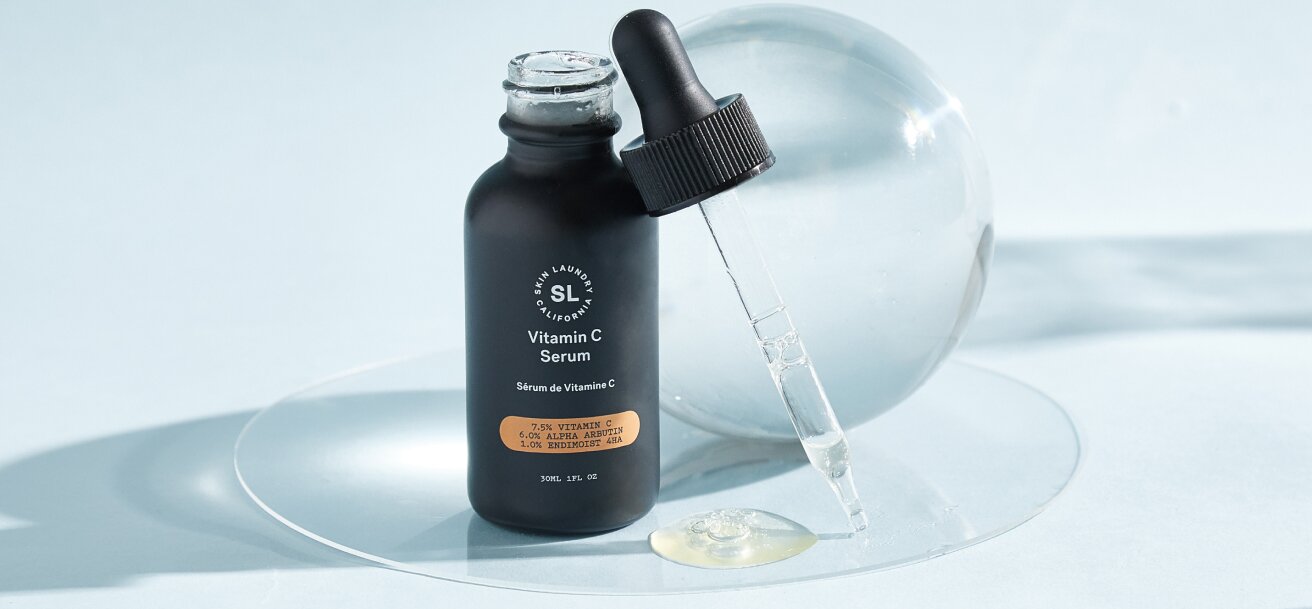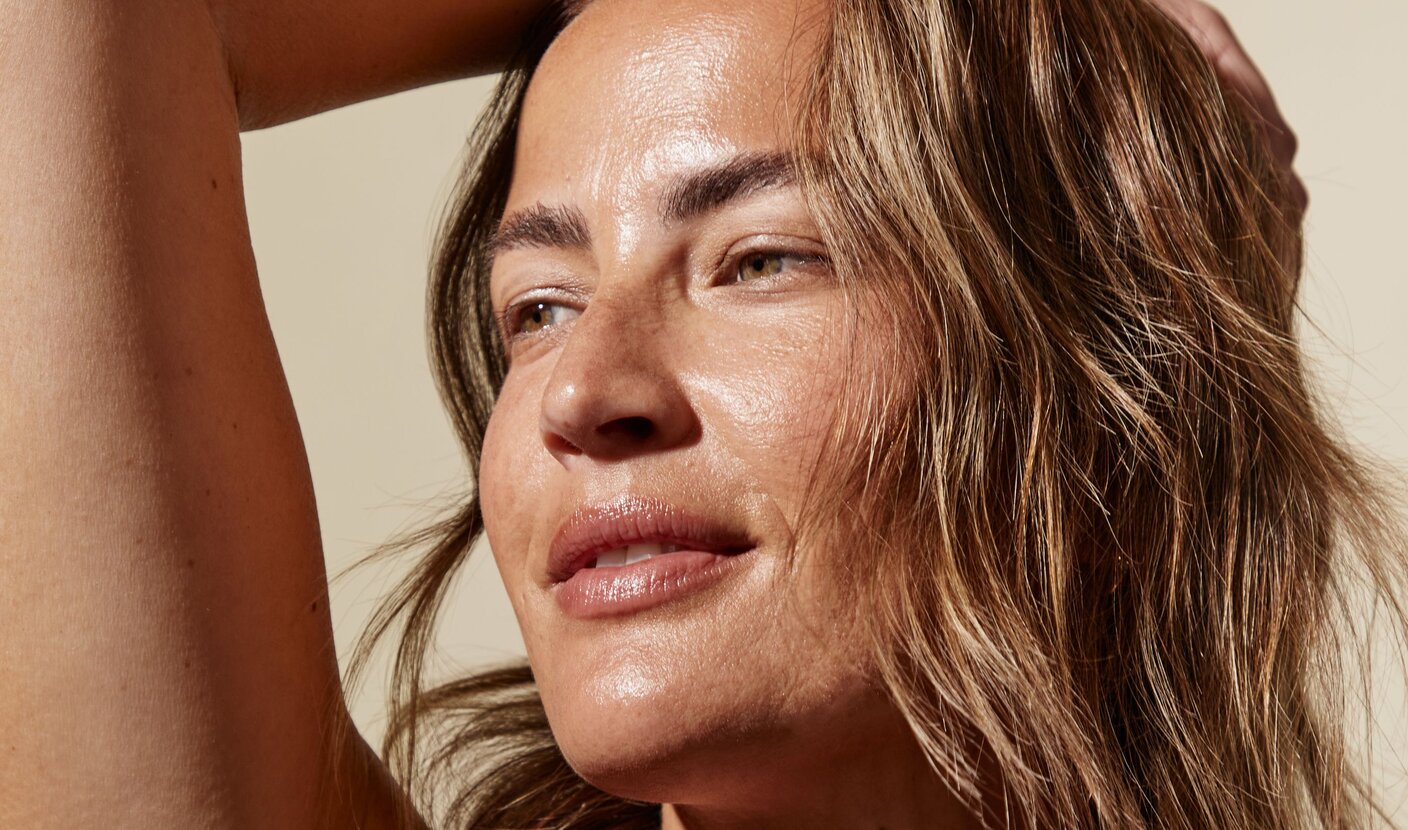
SKIN CONCERNS
How Aging Affects Your Skin
Understanding the impact of time on your skin
Everything changes over time, including our skin. As we age our skin becomes thinner and fat pads in the face diminish, causing the skin to sag, and collagen and elastin production declines, leading to fine lines and wrinkles. Sunspots, age spots, broken capillaries, dryness and dullness can also creep up over time, as a result of genetics, UV exposure and a poor diet or lack of sleep.
While aging is natural and unavoidable, there are proactive steps you can take to prevent premature aging and support healthier skin, from topical skincare products and treatments to lifestyle changes.
Read on for a complete guide to how aging affects the skin, when physiological changes start to occur and how they affect the skin and how to maintain a healthy, radiant complexion for years to come.
While aging is natural and unavoidable, there are proactive steps you can take to prevent premature aging .
At What Age Does Skin Aging Start?
The earliest signs of aging start on a cellular level, in the deeper layers of the skin, in our 20s. During this time, metabolic processes–including skin-cell renewal and collagen production–start to slow down. Over time, this leads to visible changes in the skin, which tend to appear in our 30s and become more noticeable as the years go on. Here’s a closer look at what happens to skin on a physiological level over time.
How Skin Changes Over Time
Collagen
Collagen, a fibrous protein that occurs naturally in the body, keeps the skin plump, elastic and wrinkle-free.
Collagen production starts to decline in our 20s, dropping at a rate of 1.5 percent every year. This means that, by the time we reach 60, we’ll have lost some 80 percent of our natural collagen– but changes become visible in the skin earlier than that. You may notice a significant reduction in your skin’s elasticity by the time you’re in your mid-30s; this manifests as dryness, wrinkles, sagging and even a leathery texture.
Read more about collagen here.
Hydration
Hydration impacts the texture and appearance of your skin, making it softer and smoother. In other words, well-hydrated skin has a more youthful look.
As we age, our hydration levels undergo significant changes, leading to drier skin and a loss of elasticity. This decline is often associated with hormonal shifts, particularly in women. For example, as estrogen levels drop during peri/menopause, there is a corresponding decrease in hyaluronic acid levels in the skin. Hyaluronic acid, a naturally occurring substance in the body, plays a crucial role in binding large amounts of water to keep the skin moisturized, elastic and resilient. As these levels fall, skin becomes more prone to dryness, fine lines, and sagging.
Read more about hyaluronic acid here.
Moisture
Declining oil production is another key factor that contributes to dryness in aging skin. The sebaceous glands, responsible for producing sebum, gradually become less active over time.
For women, this often begins during the peri and menopausal phase, when hormonal fluctuations impact sebum production. In contrast, most men typically experience a decrease in oil production only after the age of 80. As the skin generates less sebum, it becomes increasingly difficult to maintain adequate moisture levels, leading to dryness and itchiness. This shift not only affects skin texture but can also compromise the skin's barrier function, making it more susceptible to irritation and environmental damage.
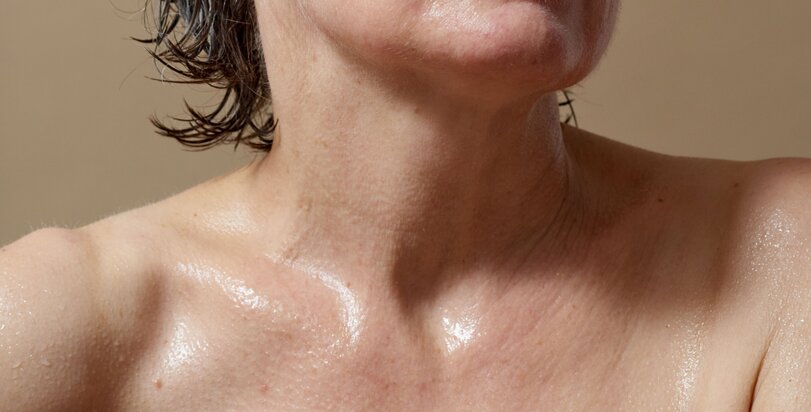
What Are the Signs of Skin Aging?
Dull and Dry Skin
As we age, our skin's natural cell turnover rate decreases. Skin-cell turnover helps dead skin cells shed quickly whereupon they are replaced by fresh skin cells. As this process slows down, dead skin cells stay on the surface for longer. This results in a dull, uneven complexion and contributes to the development of fine lines and dark spots.
As mentioned, hyaluronic acid production also declines over time, leading to dryness and loss of volume.
Fine Lines and Wrinkles
Fine lines and wrinkles are often the first visible signs of aging. Small, shallow wrinkles, known as laughter lines or crow's feet, typically appear around the outer corners of the eyes in our late 20s to early 30s.
Dynamic wrinkles, which form on the forehead as we make facial expressions such as smiling, can become permanent with time. Frowning, meanwhile, may lead to vertical lines between the brows, also known as 11 lines.
Loss of Elasticity and Volume
The loss of collagen, elastin and facial fat pads begins in our 20s. This loss can lead to sagging skin, a flattening of the cheeks and the appearance of lines on the neck. The nasolabial fold, which runs from the nose to the mouth, also deepens due to sagging skin and volume loss.
As skin matures, it becomes less elastic and firm, often appearing drier and more crepey. While the timeline of these changes varies for everyone, they are most common by the time we reach 50.
How Can I Support the Health of My Skin as I Age?
By understanding how aging affects your skin and adopting a thoughtful skincare routine, you can support your skin's health and maintain healthier, more resilient skin as you age.
Topical Skincare
Establishing a consistent skincare routine tailored to your skin type is crucial. This routine should include cleansing, exfoliating, moisturizing, and applying sunscreen daily to protect against harmful UV rays, which are a major contributor to skin damage.
Effective topical products can help address milder aging symptoms. Here are the essential ingredients for a healthy aging routine:
By understanding how aging affects your skin, you can maintain healthier, more resilient skin as you age.
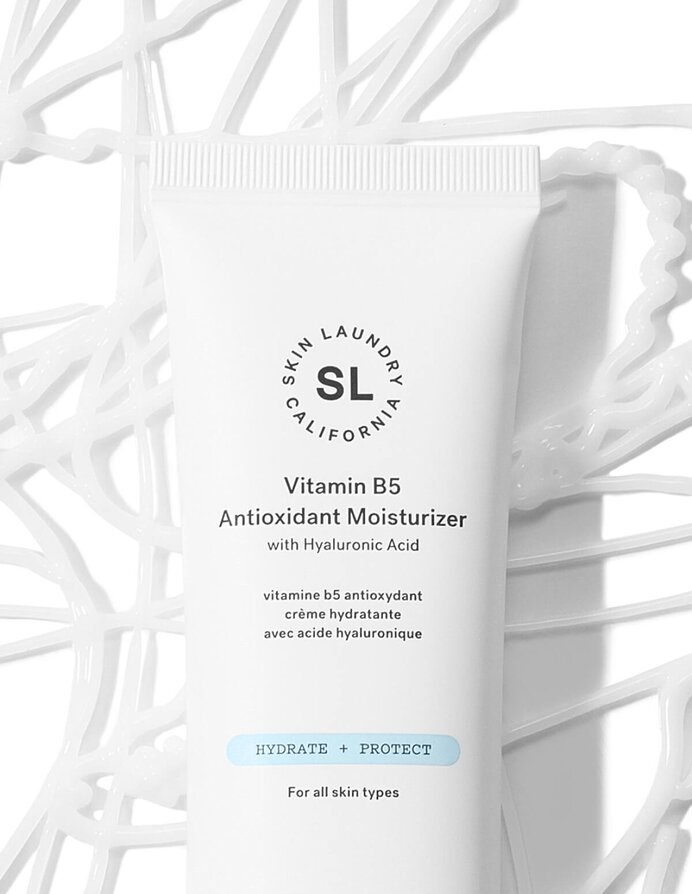
Healthy-Aging Morning Skincare Routine:
Cleanse: Use a gentle cleanser to remove dirt, oil and impurities.
Hydrate: Incorporate hyaluronic acid to boost moisture and elasticity.
Moisturize: Lock in hydration and support the skin barrier with a quality moisturizer.
Sunscreen: Protect against UV damage with a broad-spectrum sunscreen of SPF 30 or higher.
Healthy-Aging Evening Skincare Routine:
Cleanse: Use the same gentle cleanser from your morning routine.
Retinol: Promote cell turnover with retinol, derived from vitamin A, which encourages skin renewal and collagen production.
Moisturize: Apply a heavier moisturizer at night to deeply hydrate and soothe your skin.
Treatments
While topical skincare products can effectively address visible signs of aging on the surface layers of the skin, medical aesthetic devices can penetrate the deeper layers of the skin.
“As we age, fine lines and wrinkles are inevitable due to UV exposure, collagen degradation and loss of elasticity,” explains Skin Laundry Chief Medical Officer Dr Roberta Del Campo. “While topical skincare products and spa treatments can temporarily improve the appearance of fine lines and wrinkles, our state-of the art energy-based, medical aesthetic devices work beneath the skin’s surface to kickstart the body’s natural repair process, stimulating collagen and elastin production and new cell growth.”
The Skin Laundry Signature Laser Facial, our original, hero treatment, delivers high-energy infrared light beneath the skin’s surface to stimulate collagen production. This promotes firmer, plumper skin and can reduce the appearance of fine lines and wrinkles. The treatment also precisely and painlessly breaks up hyperpigmentation and can therefore make age spots and sunspots less visible.
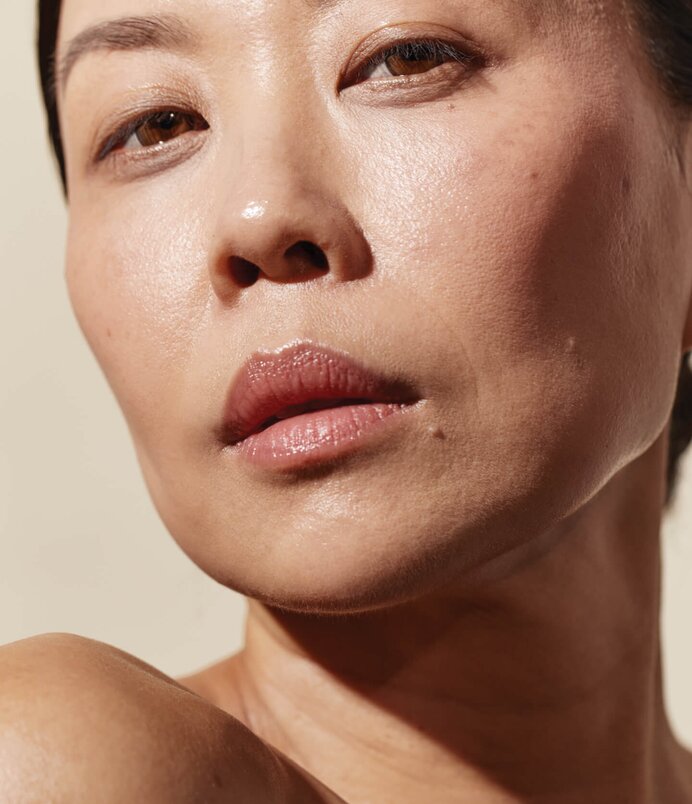
“This medical-grade facial targets several common signs of aging, including redness, excess pigmentation and vascular damage,” says Del Campo.” It also stimulates new collagen production to improve the appearance of fine lines and wrinkles for plumper, more radiant and youthful-looking skin.”
Read more about the Signature Laser Facial here.
Using fractional technology, The Skin Laundry Resurfacing Facial also targets common concerns associated with aging skin. “This treatment delivers energy to the superficial layers of the skin to stimulate collagen production, improve skin tone and texture while reducing the appearance of fine lines and wrinkles,” says Del Campo. “The treatment also creates microchannels in the skin that enable greater absorption of products, boosting the efficacy of active ingredients– such as Vitamin A–in our serums.”
Read more about the Resurfacing Facial here.
Doctor's Note
Tips for healthy aging :
• Establish a consistent skincare routine tailored to your skin type
• Protect your skin from UV damage with SPF 30 or above daily
• Drink plenty of water to help support skin elasticity and overall hydration
• A balanced diet rich in antioxidants, vitamins and healthy fats can nourish your skin from within. Foods high in vitamins C and E, omega-3 fatty acids and polyphenols can combat oxidative stress and promote collagen production
• Incorporate regular exercise into your routine to enhance blood circulation, deliver essential nutrients to the skin and flush out toxins
• Ensure adequate sleep to support skin repair
• Manage stress through relaxation techniques like exercise or meditation
Additional Reading
Your Shopping Bag
Your shopping bag is empty






